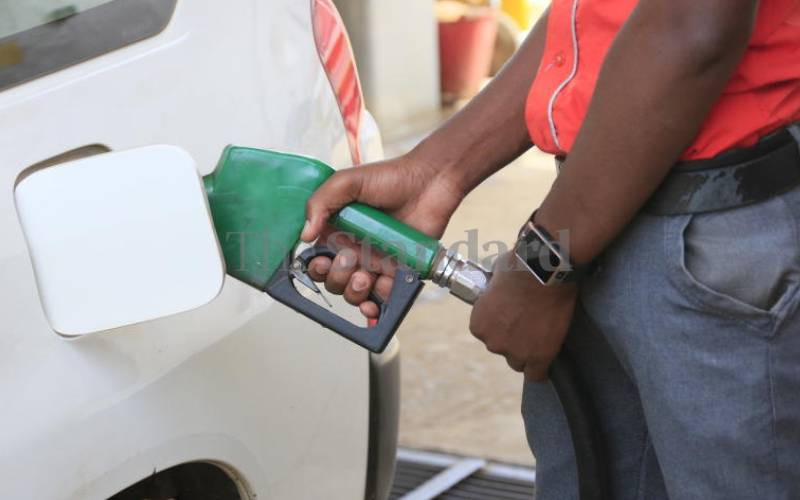×
The Standard e-Paper
Kenya’s Boldest Voice

The prices of super petrol and diesel have dropped marginally even as Kenyans await the outcome of the proposal to hike the value-added tax on petroleum products in the Finance Bill, 2023 in Parliament.
The Energy and Petroleum Regulatory Authority (Epra) on Thursday reduced the retail price of super petrol by 66 cents while that of diesel will go down by Sh1.12. Kerosene will on the other hand increase by 35 cents.